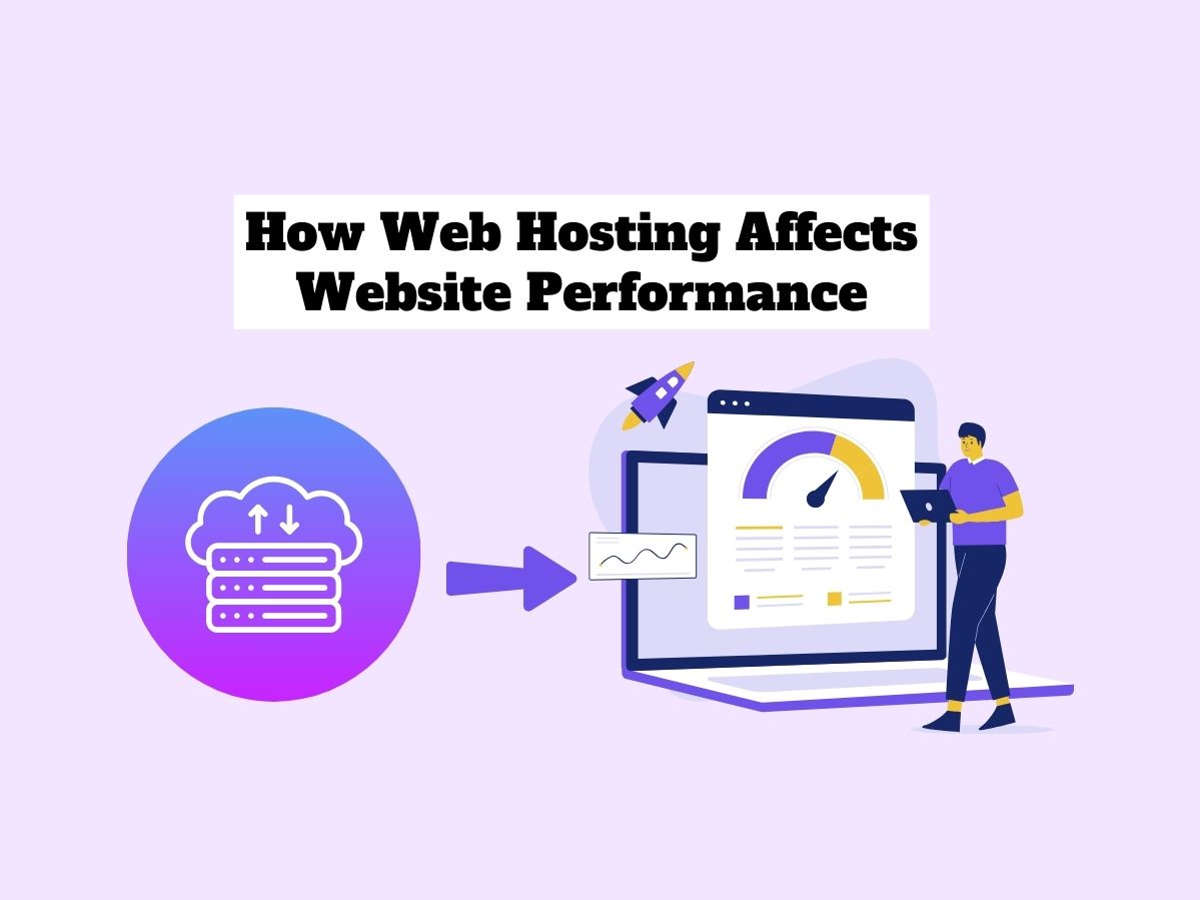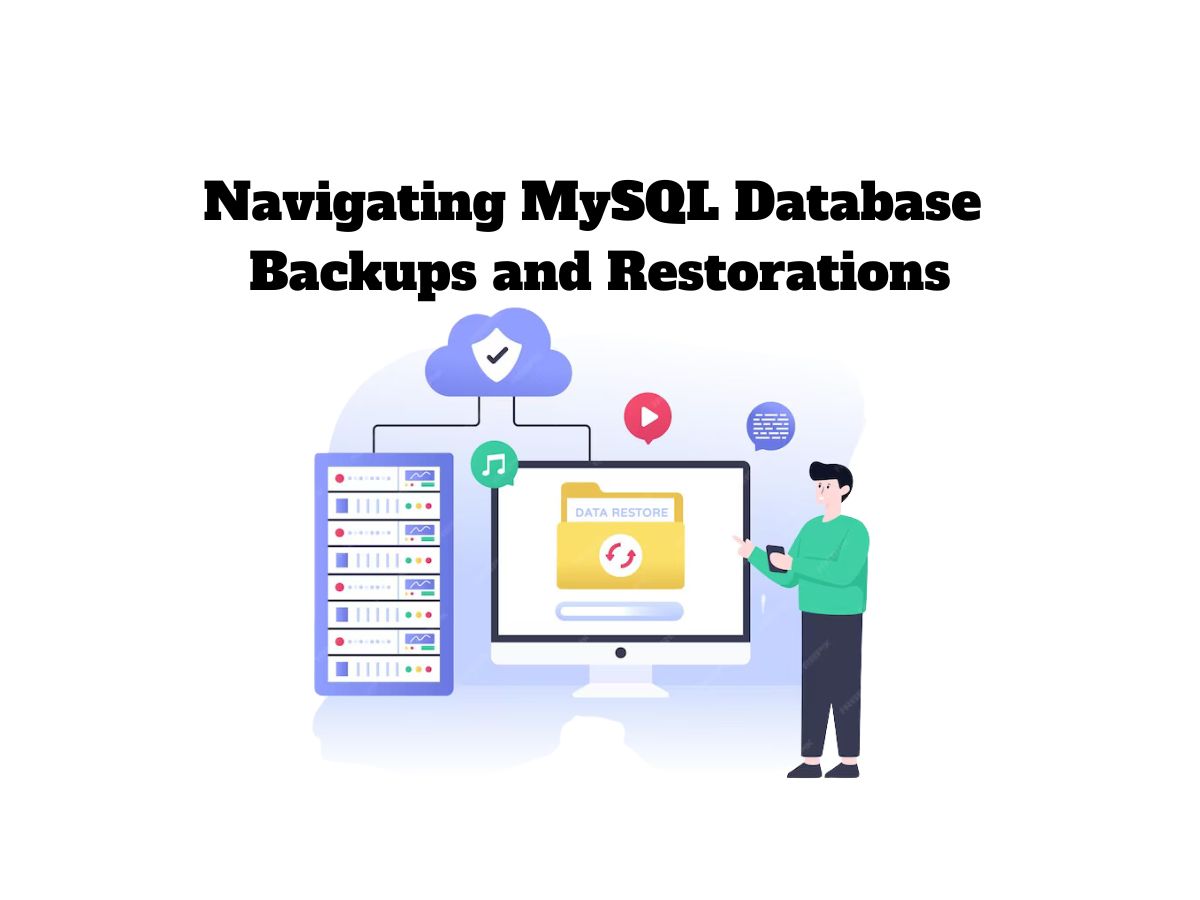
How Web Hosting Affects Website Performance
As the digital world continues to grow, one thing remains clear: a business’s online presence is crucial. The foundation of this online presence? Your website – the heart and hub of all your digital activities. But just having a website isn’t enough. Website Performance, such as the speed of loading web pages and uptime, have a considerable impact on user experience and SEO rankings.
One factor that has a considerable effect on website performance is the choice of web hosting services. It can seem overwhelming with a plethora of hosting options available, like shared, VPS, dedicated, and cloud hosting. However, understanding how web hosting can affect your website’s performance can make all the difference. Let’s deep dive into its impact.
1. Uptime and Downtime
Your website’s availability to users across the globe is measured by uptime and downtime. Uptime is when your site is accessible, while downtime refers to when it isn’t. Dependable web hosting providers aim for 99.9% uptime since even a few minutes of downtime can result in significant revenue loss.
2. Speed and Load Time
Page load time is a significant factor for user experience and search engine rankings. A delay of even a second can have substantial effects on user satisfaction and conversions. The quality and configuration of your web hosting servers play a massive role in this, with things like memory (RAM), processing power (CPU), and storage type (HDD or SSD) acting as vital factors.
3. Scalability
As your website grows, it should smoothly handle increased traffic without compromising speed and performance. An efficient web hosting service will provide you the ability to scale up your resources during high demand and scale down during off-peak periods.
4. Security
Security is a prominent concern for any website owner. A good hosting service can add an extra layer of security, reducing the risk of attacks and data breaches. Features such as SSL support, firewalls, DDoS protection, and regular backups help immensely in keeping your website secure and protected.
5. Routing and Bandwidth
Routing determines how information travels from the server to the user. Efficient routing significantly impacts website performance. Also, bandwidth determines the amount of data transfer between your website, users, and the internet. Limited bandwidth can slow down your website, especially with high traffic.
6. Server Location
The geographical distance between your server and your user impacts website speed. The further the server, the longer it takes to pass information, hence affecting page load times.
Choosing a web hosting service isn’t about finding the cheapest option. It’s about understanding how various components of a hosting service can impact your website performance. In essence, your web hosting service is an essential pillar for building a robust, high-performance website that delivers an excellent user experience, fosters increased engagement, and encourages higher conversion rates.







